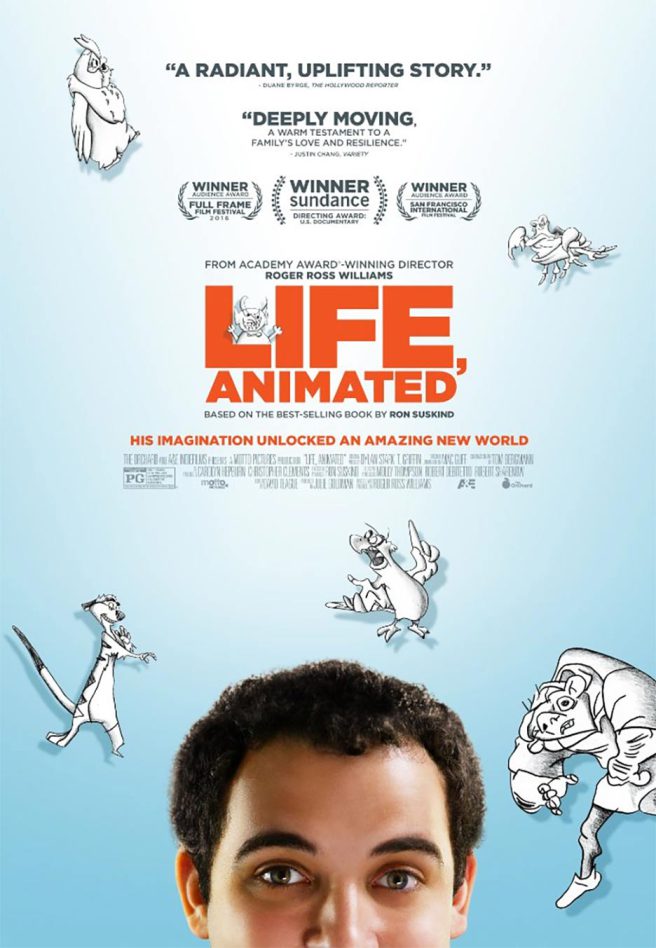
Sharh as-Sunnah : Lesson 45: Points 70 & 71
Shaykh Fawzan | Dawud Burbank [Audio|English]
Imaam Barbahaaree rahimahullaah said:
[70] And to have eemaan that the deceased will be made to sit up in his grave and his soul will be restored to him in order that Munkar and Nakeer should question him about eemaan and its required duties then his soul will be gently removed from him without any pain.
[71] And the deceased recognises the one who visits him when he visits him and the believer will experience bliss in the grave and the wicked will be punished as Allaah wishes.
[Souncloud Audio Link]
Transcribed Audio:
His saying, “And to have eemaan that the deceased will be made to sit up in his grave,” it is obligatory to have eemaan that the deceased will be made to sit up in his grave and his soul will be restored to his body and two angels will come to him; one of them is Munkar and the other is An-Nakeer. So, they will both question him and this is al-fitnatu fil-qabr (the trial in the grave) and it is the most severe thing that will come upon the deceased. If he is saved from this trial then he will be saved from that which comes after it and if he is not saved from this trial then he will be destroyed. There will be no salvation for him.
The two of them will ask him about three matters:
- Man Rabbuk? (Who is your Lord?)
So, the believer will say “Rabbiyy Allaah” (My Lord is Allaah). Whereas, the munaafiq (hypocrite) will say, “Hah! Hah!! Laa adree (Hah! Hah!! I do not know).”
Then they will say to him:
- Maa Deenuk? (What is your religion?)
So, the believer will say, “My religion is al-Islaam.” Whereas, the hypocrite and the doubter will say, “Hah! Hah!! Laa adree (Hah! Hah!! I do not know).”
Then they will say to him:
- Man Nabiyyuk? (Who is your Prophet?)
So, the believer will reply, “My Prophet is Muhammad sallAllaahu `alayhi wa sallam. Whereas, the hypocrite will say, “Hah! Hah!! Laa adree (Hah! Hah!! I do not know).”
So, the believer will have his grave extended wide for him and he will have bedding provided for him from Paradise and a door will be opened for him leading to Paradise and its pleasant wind and its pleasant fragrance will come upon him and he will experience bliss in his grave.
Whereas, the kaafir (disbeliever) and the hypocrite, his grave will be restricted upon him and he will be given bedding from the fire and the door to the fire will be opened for him and its heat and its poisonous wind will come upon him.[1]
And this is the meaning of his saying, “And his soul will be restored to him so that Munkar and Nakeer can ask him about eemaan (true faith) and about its legislated duties.”[2]
His saying, “and the deceased recognises the one who visits him when he visit him,” and therefore it is legislated to visit the graves because the deceased takes comfort in the presence of the one who visits him and this is from the affairs of the barzakh (intermediate period). We do not know about the affairs of the Hereafter and the affairs of the intermediate period except what is established by proof because it is from the ilm ul-ghaib (knowledge of the hidden and unseen), which is not known except by Allaah, the Perfect and Most High.
And it is not to be derived from this that anything can be requested from the deceased such that it is said, “Since he knows the one who comes to him then why shouldn’t we request what we need from him?” We say, this was not legislated by Allaah, the Perfect and Most High, nothing may be requested from the deceased. The Companions (Sahaabah) had not used to request anything from the Messenger sallAllaahu `alayhi wa sallam even though he was alive in his grave sallAllaahu `alayhi wa sallam in a life of barzakh (intermediate period), not the life of this world.[3]
His saying, “and the believer will experience bliss in the grave and the wicked will be punished however Allaah wishes.” From the fundamentals of eemaan (true faith) is to have eemaan in the punishment of the grave and in its bliss, contrary to the Mu`tazilah; those who denied it. They say, “The deceased in his grave is just the same as when we placed him in it, he receives no torment and no bliss,” relying in this upon their intellects and what they see and on their own thinking and they do not believe in the ghaib (hidden and the unseen). An analogy is not to be made between this world and the Hereafter or between the Hereafter and this world. So, it is upon you to have eemaan (true faith) in the ghaib (hidden and the unseen).
And the punishment of the grave and the bliss of the grave is established. Indeed it is mutawaatir in the ahaadeeth (meaning something that occurs; every level of transmission of narrations, just so many that every level of transmission, there’s so many people who report it that it’s impossible they could have got together and lied upon it) that the deceased will either be punished in his grave or otherwise, he will experience bliss.
So, whoever denies the punishment of the grave and he knows of the texts and he knows of the proofs then he is a kaafir (disbeliever). As for the one who denies it on account of ta`weel (wrong interpretation) or taqleed (blindly following) somebody else in that saying or al-jahl (ignorant) of it then this person, the truth is to be made clear to him and if he then persists after it has been clearly explained, then he is just to be a disbeliever.
Footnotes:
[1] Translator’s side point: You find all of this mentioned in the hadeeth of Baraa` ibn `Aazib radiyAllaahu `anhumaa, reported by al-Bukhaariyy (1,369) and reported by Muslim (2,871) in abridged form. And in longer form by Imaam Ahmad in his Musnad and by Aboo Daawood in his Sunan (4,753).
As for the angels being named as Munkar and Nakeer then that occurs in a hadeeth of Aboo Hurayrah radiyAllaahu `anhu, reported by Tirmithee as hadeeth 1,071, said authentic by Shaykh al-Albaaniyy that the Prophet sallAllaahu `alayhi wa sallam said:
“When one of you is placed in his grave then two angels; black-blue come to him. One of them is called al-Munkar and the other is called An-Nakeer”.
[2] Translator’s side point: Shaykh Ahmad an-Najmee rahimahullaah said in his explanation on this point that they will ask about eemaan and about its sharaai`ee (legislated duties),
“Perhaps what he intended by this is the general questioning because I do not know anything from the Sunnahs, which indicates that there will be questions about the details of Islaam and Eemaan.”
“And likewise on the point that came, “Then his soul will be gently taken out of him again without any pain.” ‘Bilaa alam’ (without any pain), meaning without the pain which occurred for him at his first death.”
[3] Translator’s side point: Shaykh Ahmad an-Najmee rahimahullaah said with regard to this point, “and the deceased in the grave recognises the one who visits him,” this is based upon the authenticity of the hadeeth which occurs about that. But there is disagreement about its authenticity as far as I know.
Translator’s side point: The verifier Khaalid ar-Raddaadiyy said, “There are a number of ahaadeeth which mention that the deceased recognises the one who visits him when he visit him and takes comfort from his visit. However, nothing from them is authentic.”
Translator’s side point: Shaykh Saalih as-Suhaymee hafizahullaah said in his explanation, “This is something, which I do not know any proof for, the point that the deceased in the grave recognises the one who visit him. Rather, what is indicated by the proof is just that he hears the footsteps of those who depart after they have buried him.”
—
Ithaaful-Qaaree bit-Ta`leeqaat `alaa Sharhis-Sunnah
(A Gift To The Reader In Annotation Of Sharh As-Sunnah)
by Shaykh Saalih ibn Fowzaan al-Fowzaan hafizahullaah
Translated by Aboo Talhah Daawood Burbank, rahimahullaah
Transcribed by Saima Zaher.
Posted with kind permission from Dawud Burbank rahimahullaah
Listen to the full Audio Series of Sharhus Sunnah
Sharh-us-Sunnah – Shaykh Saalih Fawzaan – Dawood Burbank [Audio|En]
Visit : Book Study of Sharh as-Sunnah of Imaam Barbahaaree
Share this, Baarakallaah Feekum: [“One who guides to something good has a reward similar to that of its doer” - Saheeh Muslim vol.3, no.4665] [This website protects the copyrights of the authors/publishers. The Content is posted on this website with implicit/explicit permission from content owners. If you find any copyright violations please inform the same.I ask you to fear Allah before you spread the rumours and false information]- More





